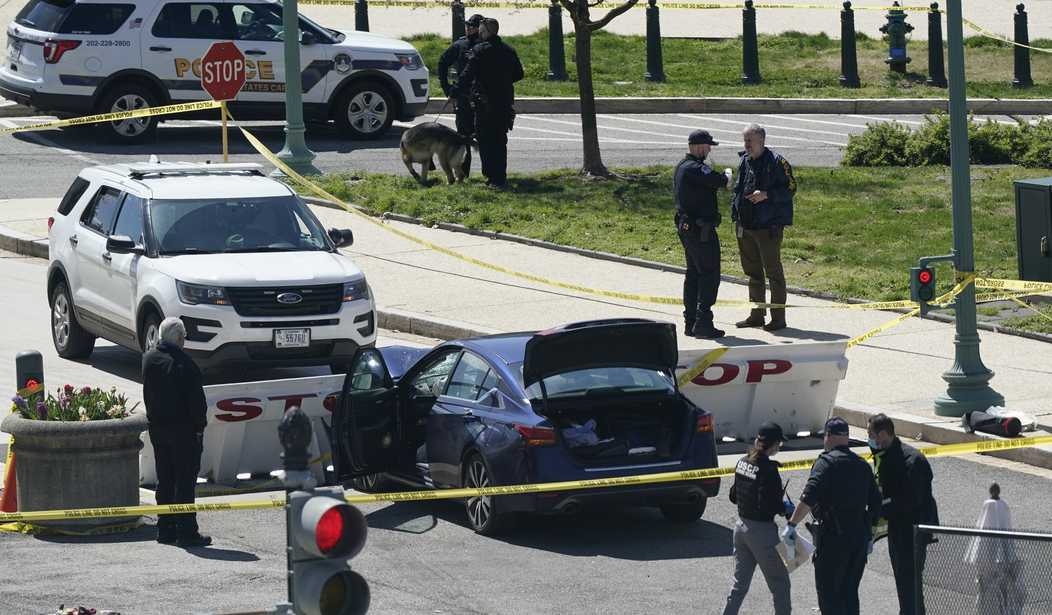After police in Berkshire County, Massachusetts, took her car, Malinda Harris did not get a chance to contest the seizure for five and a half years. After the Phoenix-based Goldwater Institute threatened to file a lawsuit on her behalf last March, the county agreed within a week to return the car, which she finally got back this summer.
The contrast between those two timelines shows how easy it is for the government to seize innocent people's property under civil forfeiture laws, which allow law enforcement agencies to supplement their budgets by confiscating assets they claim are connected to criminal activity. Harris' experience with legalized larceny, which she describes in congressional testimony she will give on Dec. 8, illustrates how that system is rigged against property owners.
The Berkshire County Law Enforcement Task Force seized Harris' 2011 Infiniti G37 on March 4, 2015, because her son, Trevice, was suspected of selling drugs. Although Harris had let Trevice borrow her car, the cops did not allege that he used it for drug dealing or that she knew about his illegal activity.
Harris did not get a receipt, and she heard nothing more about her purloined property until October 2020, when she received a civil forfeiture complaint that had been prepared the previous January. As Goldwater Institute senior attorney Stephen Silverman noted in a Feb. 25 motion, Massachusetts "does not provide any deadline (by) which the Commonwealth is required to initiate forfeiture proceedings."
Like most states, Massachusetts lets police seize property when they have "probable cause" to believe it was used for drug trafficking. But once they have met that minimal threshold, the burden of proof shifts to the owner, who must show that the property is (SET ITAL)not(END ITAL) subject to forfeiture -- a rule that helps explain why Massachusetts was the only state to receive an F in the Institute for Justice's 2020 report on civil forfeiture laws.
Recommended
Massachusetts allows innocent owners to seek the return of their assets unless they "knew or should have known that such conveyance or real property was used in and for the business of unlawfully manufacturing, dispensing, or distributing controlled substances." But like the federal government and most states, it requires owners to prove their innocence, the reverse of the presumption that applies in criminal cases.
Law enforcement agencies get to keep the proceeds from forfeitures -- up to 100% in Massachusetts and many other states. Therefore, they have a strong incentive to seize first and ask questions later, which seems to be what happened in Harris' case, given how quickly Berkshire County threw in the towel after it became clear that she was able to put up a fight.
"This is even worse than being victimized by a criminal," Harris says in her testimony to the House Committee on Oversight and Reform. "When it is the police taking your property, who can you call?"
Harris was lucky to have pro bono legal representation. For owners who don't, challenging a forfeiture often costs more than their property is worth.
The Institute for Justice estimates that "hiring an attorney to fight a relatively simple state forfeiture case costs at least $3,000 -- more than double the national median currency forfeiture." Unlike criminal defendants, owners of seized property generally have no right to court-appointed counsel, so people of modest means are ill-equipped to defend themselves against state-sanctioned theft.
"I was extremely fortunate," says Harris, who recently gave her car to her college-bound granddaughter. "I got my car back. I know that most people lose their property because they do not understand the legal process and they cannot afford a lawyer."
Harris' ordeal was an eye-opening experience. "The police should not be able to take, and keep for themselves, the property of people never convicted of a crime," she says. "How do you teach your children to respect the law, when the people who are sworn to uphold it can take your property on nothing more than naked suspicion?"
Jacob Sullum is a senior editor at Reason magazine. Follow him on Twitter: @JacobSullum.

























Join the conversation as a VIP Member